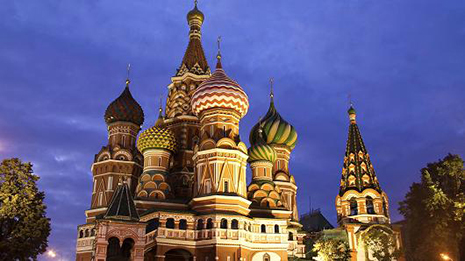Why Russia

Oil and gas account for more than 60% of Russia’s exports; other primary commodities make up much of the rest. Given this, the recent sharp decline in world oil prices obviously represents a major shock – large enough, when combined with the effect of increasingly strict Western sanctions – to provoke a sizeable recession. To make matters worse, commodity prices are expected to remain low for some time. In that case, the income loss would become much more than a temporary setback.
But Russia is no economic basket-case-in-waiting – at least not yet. The situation today is very different from that in 1998, when Russia was running twin fiscal and current-account deficits. Russia needed to borrow, and it was borrowing heavily in foreign currency. This meant that as the ruble depreciated, Russia’s debts rose. Eventually, default became inevitable.
By contrast, in recent years, Russia has enjoyed a sizeable budget surplus, and public debt is below 20% of GDP. It is true that income from oil and gas, which represents the bulk of government revenues, has been halved when measured in dollars. But the Russian currency has fallen by about the same percentage, meaning that the government’s income in rubles remains approximately unchanged.
Similarly, Russia’s current-account balance has been mostly in surplus in recent years. Gross public and private external debt is below 40% of GDP, and much of it is denominated in rubles. The sharp fall in export income is rapidly changing the situation, but Russia is starting from a comfortable position. To panic would be premature.
The ruble’s free fall has been driven mainly by capital outflows. Russia’s famous oligarchs have already stashed most of their wealth abroad, but they retain significant savings at home. As the economic and political situation deteriorates, they are most likely pulling more money out. Small savers have every reason to switch into foreign currency as well.
This has put the CBR in a challenging position. The ruble’s depreciation is bound to fuel inflation, already around 11% and far above the CBR’s 5% target. In that context, raising the interest rate sharply makes sense, and officials may be hoping that the hike will stem capital outflows – despite the risk that the decision, if interpreted as being aimed at defending the currency, could have the opposite effect.
The trouble is that the higher interest rates are bound to deepen Russia’s economic downturn, making the CBR an easy scapegoat. Never mind that the central bank is not responsible for Russia’s troubles – the run on the ruble, the recession, and the flare-up of inflation – and that using interest rates to prevent capital outflows always fails. Embattled politicians can be counted on to point the finger.
The threat to Putin is clear. He risks the fate of his predecessor, Boris Yeltsin, who presided during a period of unusually low oil prices. Until now, Putin has been lucky, coming to power just as oil prices started to rise. Most Russian citizens credit him with two decades of rising living standards, following decades of decline.
Putin’s decision not to implement the unpopular reforms that would have created a strong non-oil export sector may have been bad for the economy’s long-term health, but it has allowed him to maintain widespread public support. His economic good fortune, combined with his readiness to stand up to the West, has created a misguided impression in Russia that the country is, once again, a world power.
Many in the United States and Europe believe that ratcheting up economic pressure on Russia will help drive Putin out. This is an enormously dangerous gamble. As Russian living standards decline, Putin’s only viable strategy to remain in power will be an aggressive international posture. Foreign military adventures, after all, are most appealing when the domestic front is on fire.
None of this means that the West should bow and forsake its principles. But it does mean that the time has come for a diplomatic approach that does not depend on the prospect of Russia’s economic collapse.















































